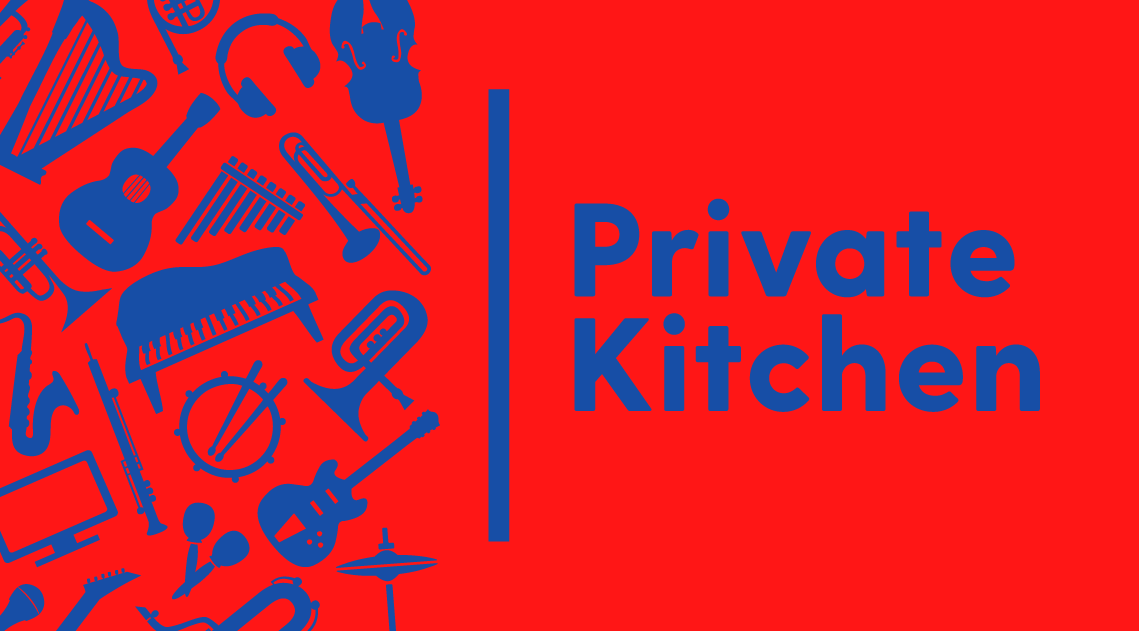
Private Kitchen
EDITION #5
MUSIC AND THEATRE
In this last edition of 2020-2021 Private Kitchen explores in Main Course the passions of the outstanding and irresistable music-theatre creator Huba de Graaff. My Kitchen visits the versatile composer, performer and creator Arthur Wagenaar during a rehearsal at the Veenfabriek in the city of Leiden. And in World Cuisine we take a look at the amazing international career of the performer, composer, choreographer and dancer Tian Rotteveel.
Chris Smith gives a clear insight in the theatre practice in the UK. And as usual this Private Kitchen magazine kicks off with an Amuse from composer and performer Loek Dikker.

Private Kitchen |
#5 MUSIC AND THEATRE
IN THIS EDITION
Film composer Loek Dikker takes a close look at Igor Stravinsky and reflects on the differences between ‘music and theatre’ and ‘music and film’.
In My Kitchen we visit composer and performer Arthur Wagenaar at the Veenfabriek in Leiden, the location where he is developing a new theatrical performance with Susies Haarlok.
The Dutch composer and maker of dances Tian Rotteveel is an international artist operating all over the world with performances such as SoulSqueezing and the astonishing instrument Breathtaking.
Our Main Course-guest Huba de Graaff tells us everything about Lautsprecher Arnolt, Pornopera and Pulchalchiajev. Three amazing and quirky music theatre productions that illustrate the imaginative mind of Huba.
The UK-based composer and our regular columnist Chris Smith takes a look at the differences between composing for film and composing for theatre.
Private Kitchen brought you 5 magazines with many interviews and stories about established and upcoming media composers. But what about the future?

Amuse
Music for Theatre. But what about the context? Part II
How film scores can achieve a glorious victory for film. And why Stravinsky was very successful as a composer for the stage - but not for film music.
Loek Dikker - film composer
For the generation of composers born around 1940, the Russian composer Igor Stravinsky was an untouchable hero. Not only his splendid music, but also his comments about music were much appreciated – even if latter caused more confusion than clarification at times: take his statement that “music does not express anything.”
This is a typical example of a statement that is incomprehensible if you aren’t aware of the thought process that led to it. For it is hard to imagine that a creation would express nothing; it would obviously bring about something. Nobody is of the opinion that music brings about nothing, because everyone knows from their own experience that music can bring about emotions. Assuming he was not deliberately creating confusion, why would Stravinsky write this?
In his autobiography he adds that he believes that it is the audience, who puts emotions in music. If one would take such a statement literally, it would mean that every step of the music production chain leading up to the audience experience would be void of the emotions that arise in the spectators: the composition, the rehearsals, and the performance of the score by an orchestra led by a conductor. As a composer, I will not accept such a world just like that.
Stravinsky also protested against the exaggerated - often quasi-romantic - interpretations of his work.
I do sympathize with this resistance, from my own experience. Once, during recordings, the musicians interpreted my music with too much emotion. This interpretation damaged the original emotion that I, as a composer, had already built into the score, and rendered the intention of the film score ineffective. After all, I had already captured my own emotion, or the representation thereof, in the score itself.
After consulting with the conductor, I asked the musicians to simply play the score “as is,” and everything came together as intended. And that was exactly what Stravinsky described.
The core of the matter is that, as a composer, you work in a certain state of mind, an "emotion," that forms the driver for your work and enables you to achieve an inner certainty about what you are creating. The musical performance decodes from the score this “emotion,” and the universal experience of music by the audience takes care of the rest. This is the part that Stravinsky does not talk about, but which in my opinion is at the essence of music, it is the communication of emotion.
Stravinsky's career was most successful in his works that also involved some other disciplines, such as his music for dance. His relationship with the medium of film was a bit more complex, partly because he did what he always did: compose the music before the choreography or film was finished.
This approach worked well with dance, as the choreography found its own ways to add emotion. But where Stravinsky succeeded in dance, he was doomed to fail in film: because in film, the (emotional) content of the project is already determined in advance, via the screenplay and other preparations. FIlmmakers rarely, if ever, adapt to the composer, no matter how famous the composer or how beautiful the music. Thus, Stravinsky sidelined himself in Hollywood.
At one point, he wrote, rather viciously, that "film music is wallpaper, without any artistic value." He was presumably referring to how he saw music that was composed conforming to the film’s cut - as others did, rather than beforehand - as he did himself. According to him, that type of music was very different from what he referred to as “visual music,” music that had a “cinematic” quality to it.
But this interpretation ignores the true reason why his film music assignments kept failing.
In addition to the purely music-related problems that all composers face, film score composers have to deal with a very specific problem. As I already stated above, as a composer you work in a certain state of mind, an “emotion,” that is both the motor and energy source of your work. The complication for the film composer lies in the fact that the subject of the film must also be taken into account in this process, as an external source for this “emotion.” The feelings that arise through this process must be incorporated into the score. The musical performance then decodes that “emotion” from the score, and the audiences’ universal musical interpretation makes for a grand and compelling experience of the film’s images. That is the glorious victory that a musical score can achieve for film.
Stravinsky never wanted to battle with this unavoidable complication, but no one - not even Stravinsky - is above the law.
Loek Dikker
Jazz pianist
Film composer
Chairman of Music Institute MultiMedia
My Kitchen
An interview with Arthur Wagenaar
Arthur Wagenaar (1982) composes music, plays keyboards (piano, Hammond, Continuum Fingerboard, synths, harmonium), creates
music-theatre, directs rehearsals, and invents instruments.
He studied composition and music technology at the HKU University of the Arts Utrecht, and composition at the Conservatory of Amsterdam.
Since 2000 he has been keyboard player/composer/creator in rock band/music-theatre collective Susies Haarlok. This fall, the new production GROWTH will tour in theaters. A collaboration with Veenfabriek and Museum Naturalis centre for biodiversity.
Arthur creates music-theatre productions as a founding member of the Goed Bezig! Foundation; their recent productions are Stads/Einder (2015), Close Call (2018) and Sounds Like Juggling (2020).
Goed Bezig! creates music productions that pose questions about our daily lives, showing the audience through music that we have a choice, even about things we have done our whole lives and that we take for granted. What if you would do it differently…?
In all of his work, his own or commissions, Arthur is looking for new combinations of music and theatre, of text and performance. Classical ensembles become bands, musicians become actors – and the other way around. The musicians always have more to do than just playing the notes. The story behind the composition is told through music in combination with elements including juggling, the location, live animation and technology.
In 2020 the New Moon Orchestra was founded, a collaboration with Fluxus centre for the Arts Zaanstad and De Sluis, meeting place for newcomers. In this orchestra people of all ages and cultural background play together. Musicians living in the Zaandam area, with roots all over the world, from Iceland to Indonesia, form Brasil to Ethiopia, from the Netherlands to Syria. The musicians bring along music from their background cultures, which Arthur arranges for the group and conducts. By playing together we get to know each other in a new way.
Arthur likes to implement new, often self-built (electronic) instruments. All instruments in Sounds Like Juggling are played through juggling. The app Close Call Live turns your smartphone into a musical instrument. Even the 65,000 kg heavy Cruquiusgemaal was turned into an instrument. Other instruments include the Rampafoon (disasterphone), with strings 9 metres long; and synthesizers for the Continuum Fingerboard, a 3D keyboard.
MOTTO: if it MOVES you, deep and inexplicable, then it’s good. Whether you stop and listen in awe or are brought to uncontrollable dancing.
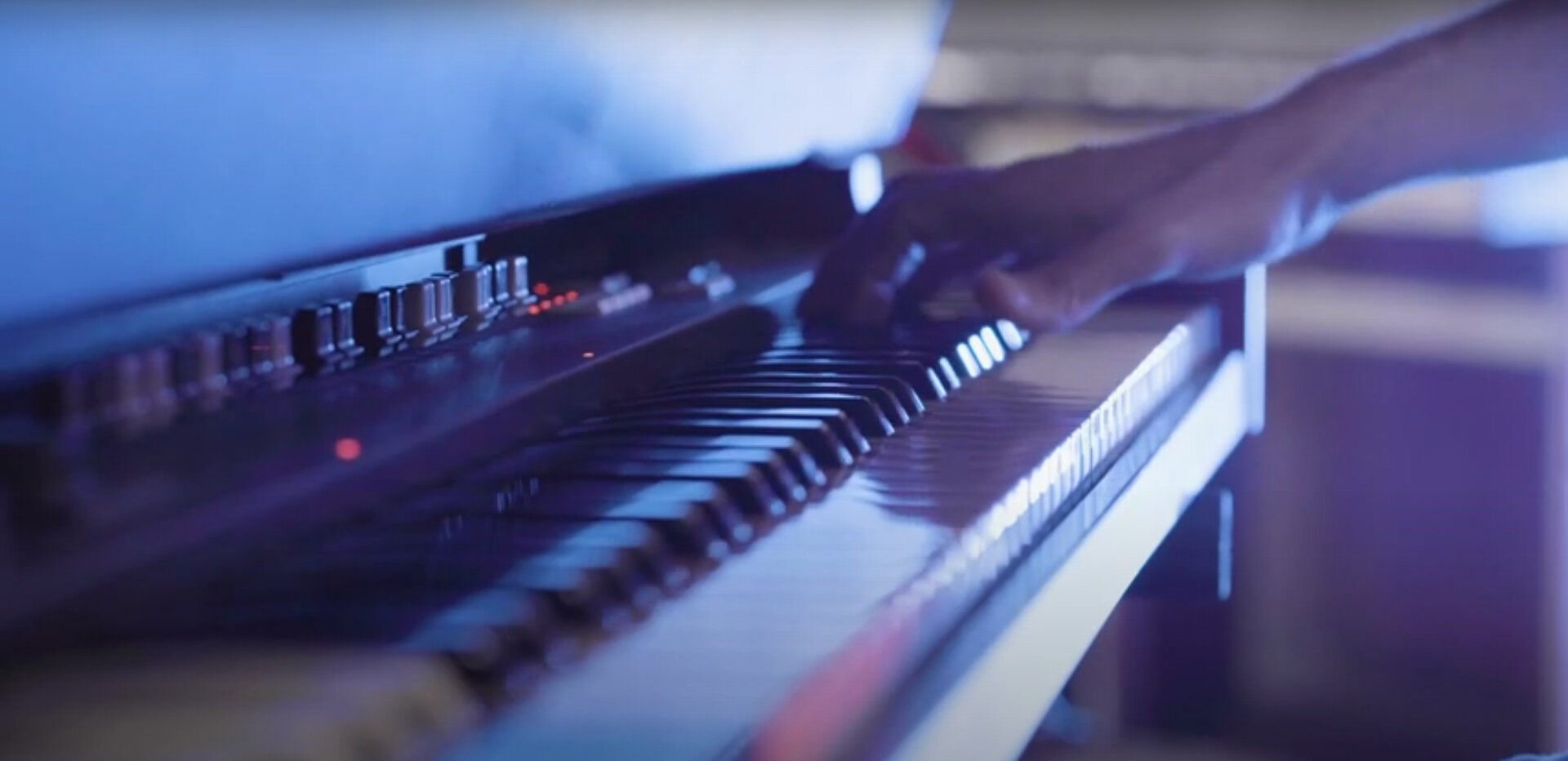
MY KITCHEN - ARTHUR WAGENAAR
interview part I
Arthur takes us into the rehearsal room of the Veenfabriek preparing a performance with Susies Haarlok and gives his answers to the ten well-known questions. We are told that he often gets ideas while walking and that he is a fan of De Kift.

MY KITCHEN - ARTHUR WAGENAAR
interview part II
In this part of the interview, Arthur shares with us his deepest thoughts on being an artist in these times of climate change, pandemic and the widening gap between rich and poor. His answer as an artist, for example, lies in his collaboration with the New Moon Orchestra. Besides all this Arthur talks about his passion for making new instruments as we can see and hear in Sounds Like Juggling.

Sounds Like Juggling
Sounds Like Juggling - a juggling concert by Arthur Wagenaar and Guido van Hout. Rattling balloons, buzzing sticks, flying speakers: you've never heard juggling like this, and you've never seen music like this!

GROEI
Groei is a concert. Groei is an installation. Groei is a perfomance. Groei is about ‘how everything connects with everything’.

Main Course
An interview with HUBA DE GRAAFF
INTRODUCTION
Huba de Graaff studied sonology in Utrecht and composition at the Royal Conservatory in The Hague (Dick Raaymakers/Louis Andriessen/Fredric Rzewski). In her early music theatrical work she developed the theory of sound which is inextricably linked with movement. She wrote an opera for moving loudspeakers: ‘Lautsprecher Arnolt’ in which she presented moving and rotating loudspeakers on stage as personae : as music-theatrical performers. She is fascinated by these natural concepts of making sound and music. In ‘Apera’ she investigated the phenomena ‘singing’ vs speech, which resulted in doing audio research on singing monkeys. Her music has never been polished, she is not afraid of new sounds or new ways of presenting music, both acoustic as well as electronic.
Huba takes an exceptional place in the landscape of contemporary music. She has produced a series of unique music-theatre works in the last 25 years. Her work is not limited to writing ‘notes’. Often she is on stage herself. In the 80's she played violin in bands like The Tapes and Transister. Later she developed self-made instruments, such as a metal dress, which enabled her to control all kinds of electronics. She is always running around with mixing tables, laptops and electronics and gives lectures on her fascinating and extremely original projects. For Huba, composing is also inventing, researching and asking essential questions. Writing good notes is the aim of every composer. But why? What does it mean? Nevertheless, Huba is never pleased with only pure aesthetic standards. Why should it be sung like opera? And what is actually: singing? Nothing is self-evident in her music.
Singers are also actors or devices. There are contradictions, questions asked, topics enlarged and rushed over the top. She is looking for new interactions between acoustic and electronic instruments and creates own software or app’s if necessary to design unorthodox sound systems.
She rarely writes pure concert music for an instrumental ensemble. Rather, she is looking for collaboration with theater makers, designers, artists from other disciplines. But without fixed hierarchy of text, sound and image. That distinguishes her music theater from traditional opera. The traditional concert practice (and the classical way of listening) are constantly put upside down.
Huba regularly chooses the low-fi quality of analogue devices. Noises have a major role: the swishes and buzzing of cassette-tapes or rattling mechanics of old school Revox taperecorders. Or vice versa: in ‘the death of Poppaea’ the Rotterdam Philharmonic Orchestra sounds in an unprecedented surround sound, to illustrate the terror of the sound design. For many years she organized concerts, where composers, musicians and spectators were chased out of their comfort zone. The stage is sometimes placed outside, in the street, in gyms, parks. In large-scale location projects, she used the entire city as a stage. In spite of the experimental approach and the often unusual instrumentation, her work is not ‘difficult’, on the contrary, it has melodic qualities so strong that they are difficult to get out of your head, even after listening only once.
Speakers play a part in many pieces of Huba. In the legendary Lautsprecher Arnolt (2003), the speakers turn, vibrate, swing and jump and transform into credible dramatic characters. In another work Diepvlees (2008), "a tapping opera for soft singing men", microphones and tape recorders perform as lead instruments. In everything she makes she tries to find the essence and to translate this into a musical format. Often she plays with sound reproduction and reversal of perspective. Usually with the necessary humor and irony. In recent years, Huba is doing fundamental research in singing. What is singing, where does it come from, how does it work? This resulted in an opera (Apera, 2013) entirely based on recordings of monkeys and Pornopera (2015) that is not sung but completely groaned and moaned. A recent highlight in Huba's work is the opera ‘The Naked Shit Songs’, which was premiered at the Holland Festival 2017. More than ever the lyrical qualities of Huba's music reach their full potential. Also in this work, an existing audio recording forms the basic material: an interview by Theo van Gogh in 1996 with the British artist duo Gilbert & George. A musical reconstruction of the interview evolves from babbling conversation to a big Gesamtkunstwerk with choir and a virtuoso five men live band. Gilbert & George, who were present at the premiere, praised the work as "... a truly unique opera of great originality. And a real 21st century work of art. "
Huba tells us about her fascinations which are the basis of all her projects
In this first part of the interview Huba tells us how she transforms her fascinations into ideas and concepts for music theatre performances.
HUBA TELLS US HOW TO TURN A SPEAKER INTO A ‘SOUND ANIMAL’ WHICH ENDED UP IN LAUTSPRECHER ARNOLT
Lautsprecher Arnolt, a performance with one actor and lots of ‘sound animals’, was an international success that was even performed in Teheran, Iran.
PORNOPERA: AN OPERA ABOUT THE BEAUTY OF THE VOICE AND THE ART OF FEMALE ORGASM
Another fascination of Huba is the voice so have a look at this part of the interview which is about the performance Pornopera and the use of the (female) voice.

Pulchalchiajev
Anna Pulchalchiaev – we don't know if that's her real name – is a successful influencer. When she's charged with deception and wrongful death, her facade begins to crack.
The interrogation takes place, in which the smallest hesitations in her voice are magnified. She slowly loses control in a game of suspicion and revelation. The perfect life goes into a state of instability and shows its dark side.
In our post-truth era of fake news and social media, lying is the new truth.
Lying is cool. Lying is good. Because theater is the best form of lying, we make a performance about the pleasure of lying and the need to do violence to the truth.
Anna Pulchalchiaev lies together a world of wandering 'truths' and slippery musical instability
HUBA TELLS US EVERYTHING ABOUT PULCHACHIAJEV, AN OPERA ABOUT LYING
Social media inspired Huba to create the opera Pulchachiajev, an opera with an unpronounceable title as Alexa shows in this part of the interview.
HUBA’S FUTURE PROJECTS: PROJECT ‘REBELLIOUS VOICES’ AND THE IRAN POET FOROUGH FARROKHZAD WITH HER FILM “THE HOUSE IS BLACK”
Despite corona Huba is full of new ideas and fascinations. In this last part of the interview she tells everything about her future projects.

WORLD CUISINE
An interview with TIAN ROTTEVEEL
MUSIC COMPOSER and Maker of dances
Tian Rotteveel is a Berlin based composer and maker of dances. He studied music at the HKU Music and Technology (NL) and Royal Conservatory of The Hague (NL) between 2004-2010 and dance and choreography at HZT-UDK in Berlin 2010-2014.
His artistic practice is operating between sound and movement. Embracing regenerative and self-composing dance and sound practices that are not per se guided by an aesthetic creation process of decision making. Often starting with simple activities that via repetition develop over time in unforeseen aesthetic material.
Movement and sound to his understanding are phenomenas which can materialize into the production of meaning but as well can materialize into the production of mere sensation and affect. Playing with that notion is often visible in his works.
He has been making and presenting stage works and performance installations since 2014 in different places. Such at Kampnagel - Hamburg (D), Sophiensaele in Berlin (D), Skogen in Gothenburg (SE), Tanzhaus NRW
in Dusseldorf (D), Mousonturm Frankfurt (D) Frascati - Amsterdam (NL), Tanzhaus Zurich (S), Spring festival Utrecht (NL) Ecole d’ Sable - (Senegal), Jakarta Dance Festival Indonesia, OzAsia festival Adelaide (Australia), Chocolate Factory (New York-USA), Impuls Tanz Vienna (A), Oper Dortmund (D)
As a composer and performer he has been collaborating with Claire Vivianne Sobottke, Meg Stuart, Tino Seghal, Jeanine Durning, Diego Gil, Igor Dobricic, Herman Heisig, Oper Dortmund, MAE ensemble, ArteDuo, Rosa ensemble, Post & Mulder among others.
He teaches a movement practice on voice and listening to theatre companies, universities and festival workshops such as to Meg Stuart/Damaged Good, Impulz Tanz Vienna, DOCH Stockholm, Koln Hochschule fur Muzik und Tanz, Oper Dortmund, Hamburg Hochschule fur Musik und Theater, Spring Festival Akademie Utrecht and others.

Interview TIAN ROTTEVEEL
and RENS MACHIELSE
World CUISINE
In this interview Tian tells us how he tries ‘to fill the gap between music and dance’ by using, for example, his voice as this is ‘the place where mind and body meet’. The performance SoulSqueezing and the instrument Breathtaking are astonishing examples of his approach. As a composer and dancer, he explains the differences between the two as seen in the western world, while at the same time they form a natural combination in Africa.
MUSIC
Holiday - Tian Rotteveel
Holiday is an excerpt from the original music for VELVET (2019), a performance work with Claire Vivianne Sobottke for Tanz in August Berlin 2019, Percussion: Sabrina Ma, Almut Lustig. Trombone : Hilary Jeffrey, Horn: Abigail Sanders, Electronics: Tian Rotteveel
Falling voices - Tian Rotteveel
This is an excerpt from TVTYA (2019), a 70 min opera written for Oper Dortmund for 5 voices and 5 artificial voices, the music is merely made out of voice. The opera premiered in 2019 at Dortmund Baukunstarchiv NRW Museum. Sopran: Denise Beck, Mezzo: Sophie Prins, Lisa Reykena, Tenor: Sunnyboy Dlada, Soura Ahmed.

Soulsqueezing
SoulSqueezing is an amazing performance fromTian Rotteveel recorded in front of a live audience. Fascinating and highly recommended!
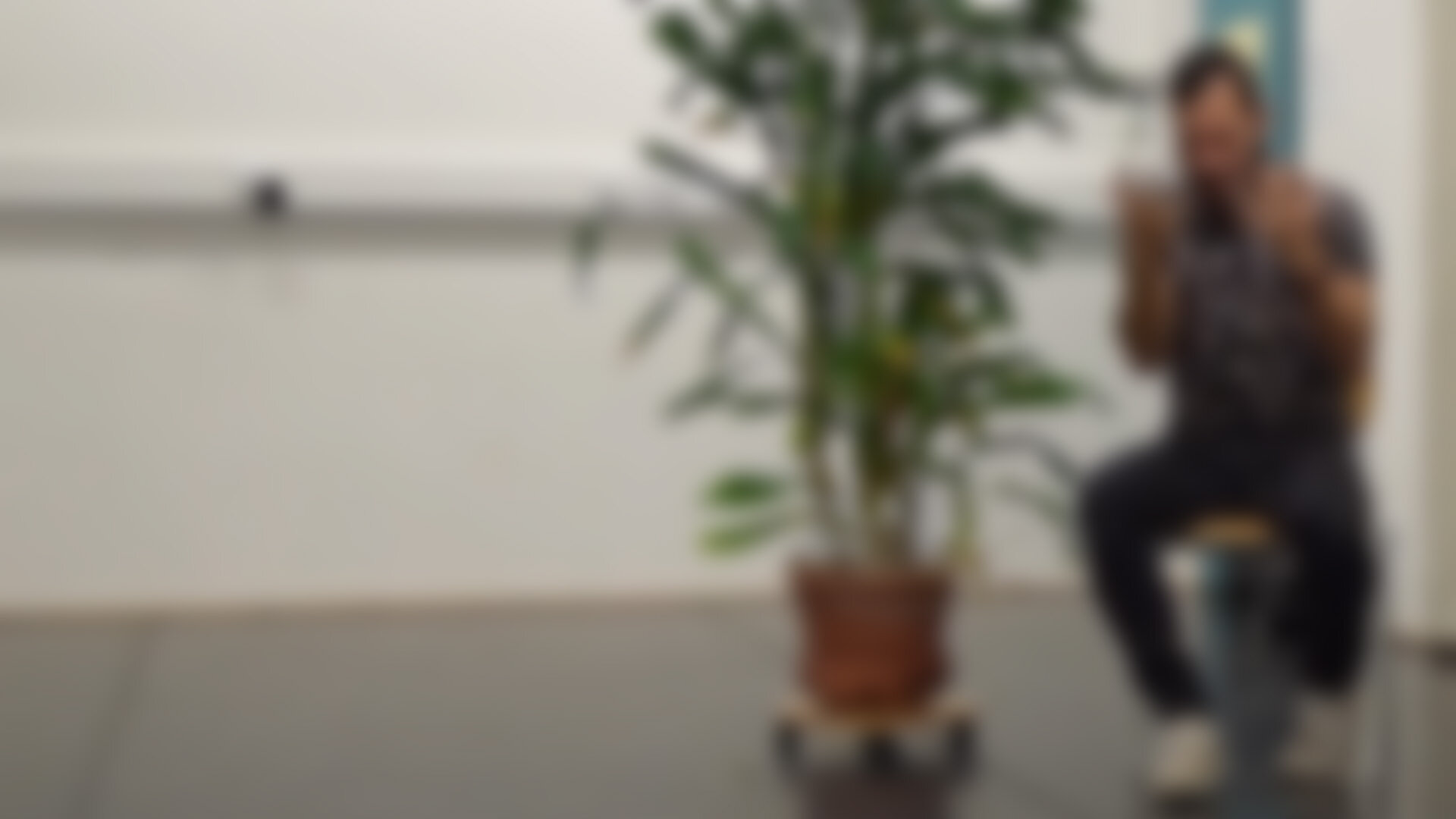
Breathtaking is an ‘instrument’ that combines the physical movement of the body with the voice. The result is an astonishing performance.
BREATHTAKING

COOK WANTED
Help composers find their way into work: pitch us your projects.
Are you involved in any form of theatre and are you looking for a composer/sound artist for your performance?
Please contact Private Kitchen and we will arrange mediation.
CHRIS SMITH
FILM COMPOSER
Chris Smith is one of the UK's most respected producers and composers of media music, being also involved in creator's rights.
His has been a board member of the British composers' academy BASCA, -now Ivors Academy- and he ran the Faber Music Academy (Faber is representing composers like Danny Elfman and Thomas Adès). Recently he is a board director of PCAM, the society for composers and producers of mediamusic.

GRAND DESSERT
MUSIC & THEATRE
Music for Theatre: Adding drama to the Drama
by Chris Smith - Film Composer
I have written scores for films, for documentaries and for television drama, but although I have written music for half a dozen or more stage plays and thoroughly enjoyed the experience every time, have never composed what might be described as a “score” for the stage.
A very dear friend of mine, sadly no longer alive, who wrote a lot of music for the National Theatre here in the UK, before moving on to composing very successfully for TV, film and commercials was adamant that he felt more valued and more fully a “team member” when working in theatre than he ever did in other forms of media music, and from my own limited experience, I sort of understand what he meant.
One possible reason for this might be the difference between the hierarchy of director, writer, composer, cast and crew of a stage play and the hierarchy of those involved in making a film. In the world of film, there is a very clear ‘pecking order’ with the director and producer clearly at the upper end of the food chain and the editor and composer a little way behind.
The production process of film making means that although very many people make vital contributions, only a relatively few have a coherent and controlling overview of the ‘big picture’ (pardon the pun). On the other hand, all those involved in the production of a stage play are working towards shaping an event that takes place in real time and thus all share a strong sense of mutual endeavour and interdependence as well as having a clear sense of the shape and impact of the work as a whole. This interdependence is likely to engender a greater sense of appreciativeness and generosity towards the contributions of all partners in the shared endeavour, and this will naturally include the contribution of the composer.
Music for theatre does not - and cannot - be composed after the production has finished. The production is an organic process and the music is an integral part of that organism and evolves alongside all the other elements. So it is only natural that a composer working in theatre feels more a part of the team than his counterpart working in film.
And so we return to the word “score”. The word itself suggests a single coherent aesthetic, a shaping and defining musical contribution that can only be achieved by the composer working to pictures and a story that have, to a large extent, already been shaped and defined. The film composer is, by the nature of his or her part in the production jigsaw, a more remote player who is seldom, if ever, required to interact with other members of cast and crew.
So the film composer’s score carries with it an element of the ‘auteur’, giving a coherent sonic narrative to the film. This naturally feels quite a grand contribution to the overall production.
But maybe not as jolly as being a member of a what is in a more real sense, a creative team. An ensemble.

THE FUTURE OF PK
The bad news is: this is the fifth and final edition of Private Kitchen 2020-2021. The good news is: we’ll be back after summer holidays! Thanks to SENA and BMiM and all the enthusiastic feedback we’ve received, we will continue Private Kitchen. Not exactly in the same form but a new approach that will offer media composers more opportunities to promote their music. More details about this after summer holidays!
Private Kitchen would like to thank all composers for their contributions and support, and all the wonderful crew + Splendor for bringing these magazines and with that, Private Kitchen to life. Many Thanks!
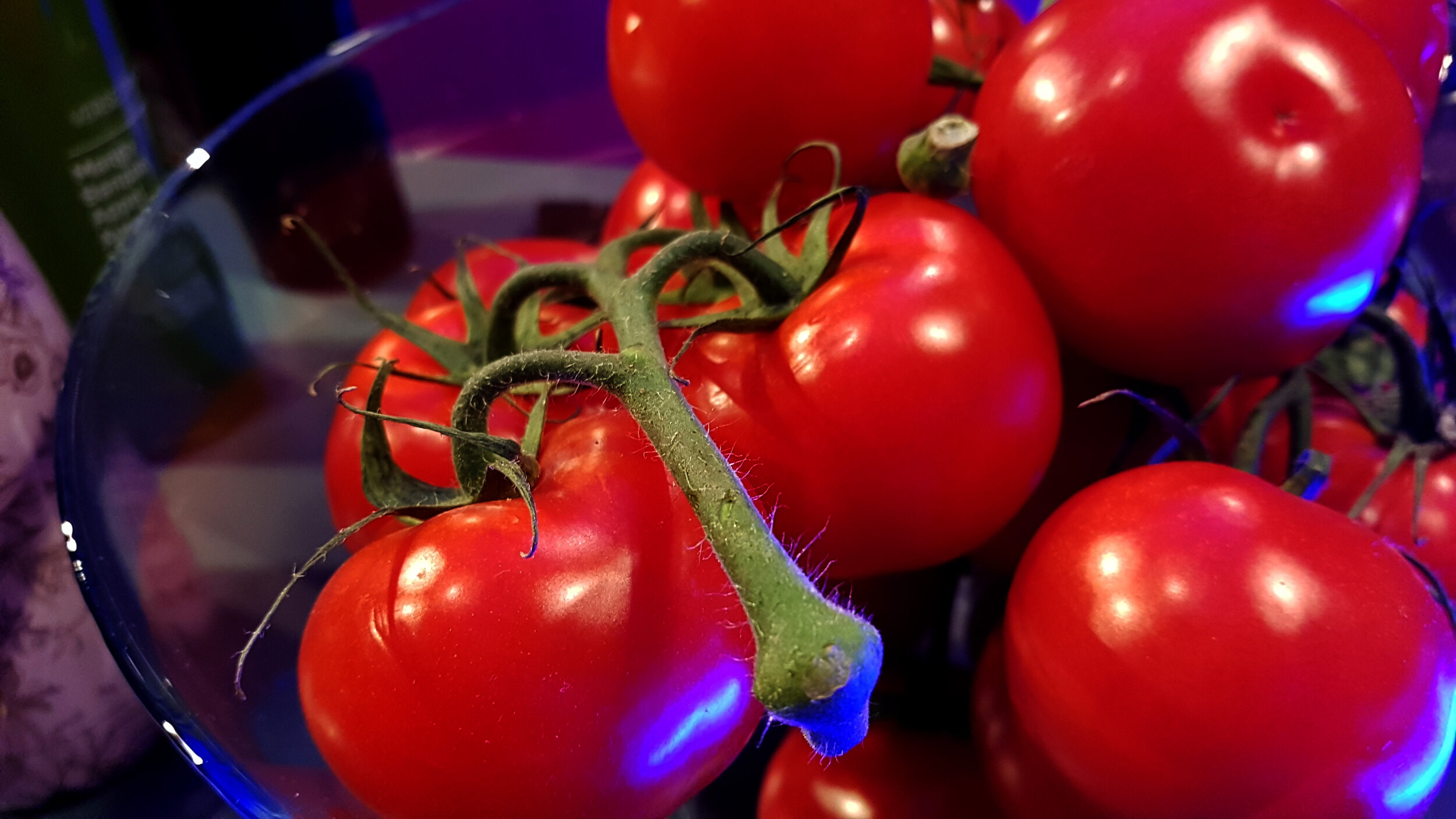
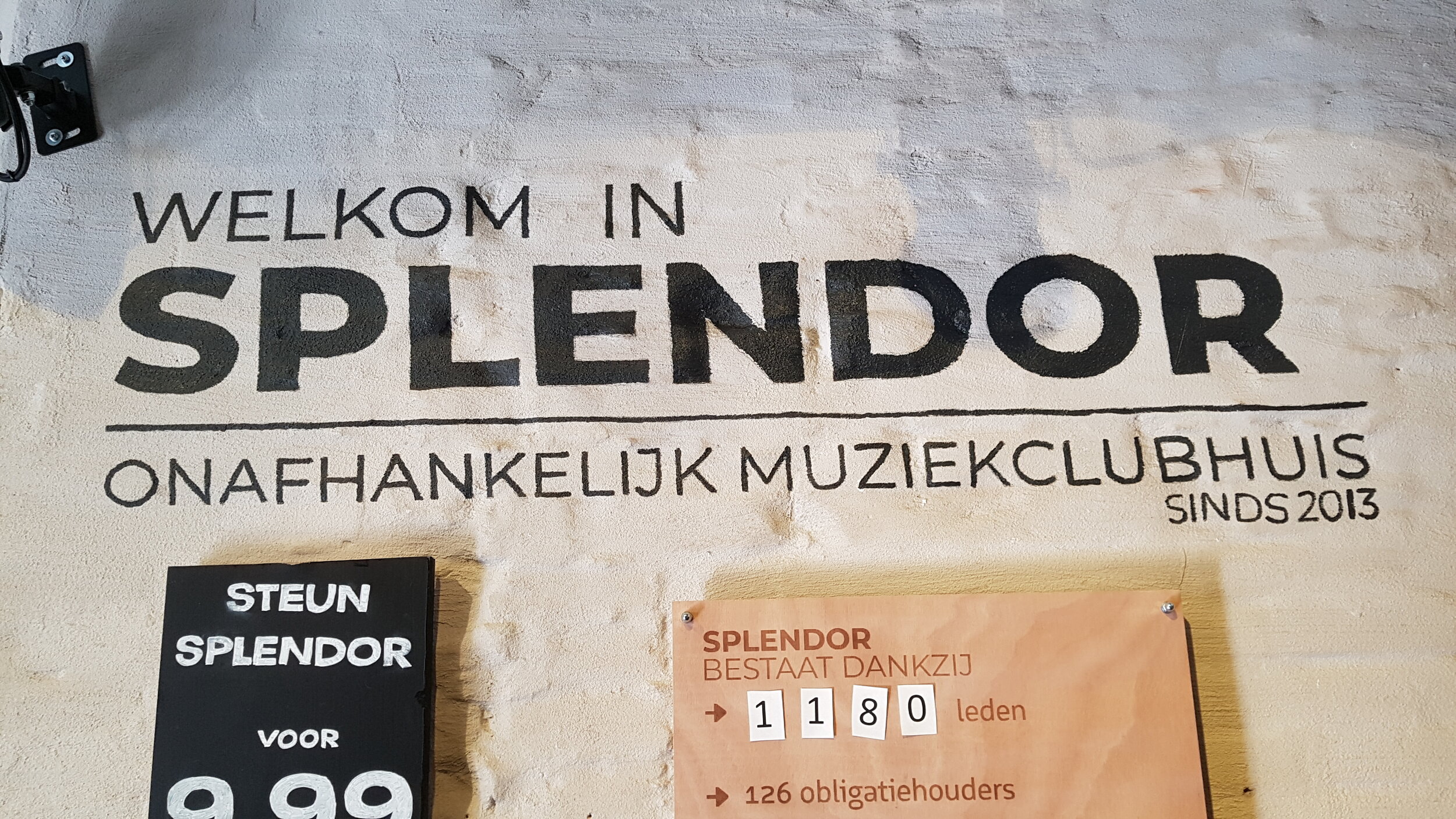










PRIVATE KITCHEN MAGAZINE IS CREATED BY
Private Kitchen - Main Course
Loek Dikker - executive producer
Rens Machielse - executive producer / co-host
Sebastiaan Donders - producer
João Rodrigues - show producer / director
Alexa Rodrigues - host / set design
Anne Koperdraat - host Splendor / location
guest:
Huba de Graaff - music composer
Lucas Kauter - camera / lights / editing
Maja Andersson - camera / photography
Nathalie de Jong - camera
Hans van Eck - sound
Ineke Braam - make-up / styling
Kateryna Peliukh - photography
Private Kitchen - World Cuisine
Rens Machielse - host / interview
Sebastiaan Donders - editing
guest:
Tian Rotteveel - music composer
Private Kitchen - My Kitchen
Rens Machielse - producer
João Rodrigues - AV director
Alexa Rodrigues - host / interview
Maja Andersson - camera / photography
Lucas Kauter - editing
guest:
Arthur Wagenaar - music composer
Private Kitchen & Magazine
Rens Machielse - chief editor
Sebastiaan Donders - designer / editor / photography
Loek Dikker - editor
Kateryna Peliukh - photography
